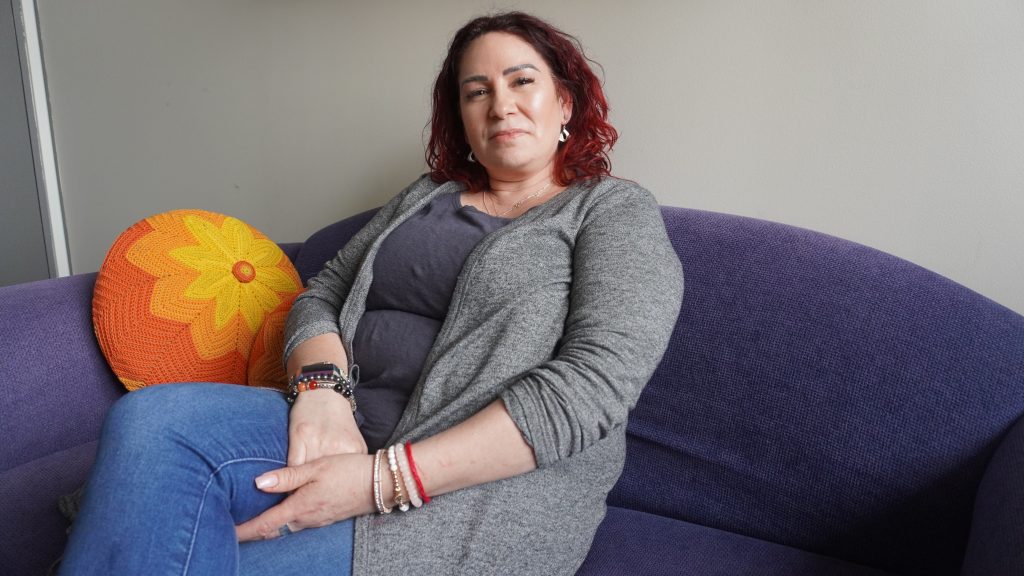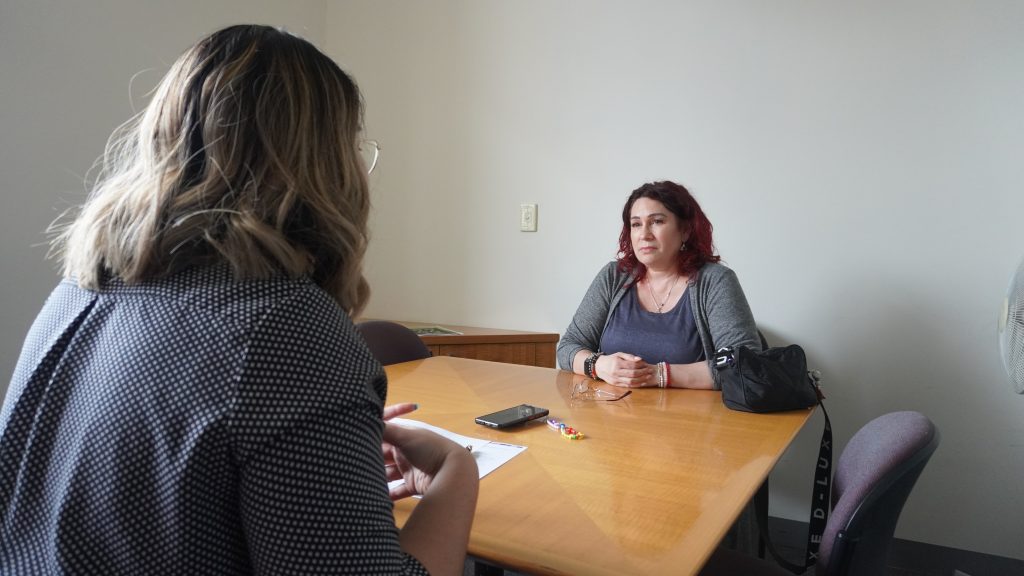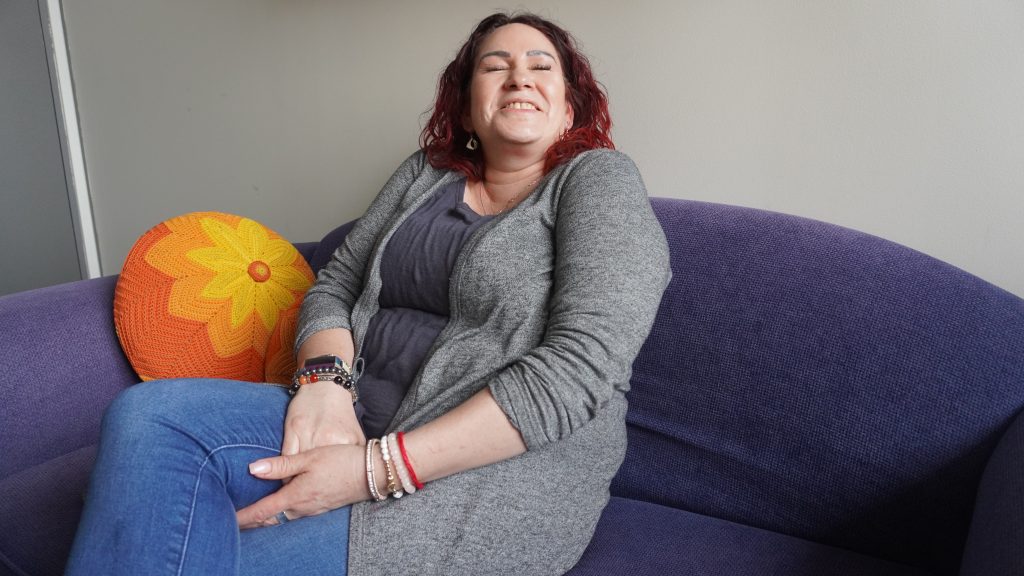“I love what I do and I do what I love”: Karen’s passion for being a personal carer

Karen’s eyes light up at the mention of the work she does as a personal carer. “I love what I do and I do what I love”, she says matter-of-factly of the in-home support role she’s been doing for the past year as a Diverse Care Worker. Having worked in residential care for more than 15 years, Karen joined SMRC’s Diverse Care so she could spend more one-on-one time with the people she cares for.
While she currently juggles both in-home and residential care roles, it’s clear that her preference sits with the in-home care she provides to her Spanish-speaking clients. “[Going into] their homes is better, because, you get to know them, you get to know their routine better. Also, the culture, you know, I look after all Spanish people, so they feel more comfortable with me. And also me with them, because I know their background.”
Originally from Chile, Karen says the matching of culture and language between worker and client is an important value add. “It’s the cultural experience, right? This cultural experience you can already see ahead of time. How someone may want something or what they might want because that’s familiar to you.” She says, “culture and language are two things that if we can match those, it means that you are able to know ahead of time; you are able to assist in a way that someone else from a different culture could come in and not have any understanding.”
Karen says the secret to being good at a role like hers is being happy, optimistic and keeping things light with clients. “I love making them laugh, because why cry? We’ve got so many issues in our everyday life, we have to go through so many bad things, you might as well laugh at work, you might as well make it better.”

Spending the time to get to know and understand her clients is also an essential part of the job. “I make sure every time I get someone new, I make sure I read [their history]. Because I have to know how to treat that person. How to look after that person better. And where they’ve been or what they’ve done, if they’ve had kids, what signals so I know how to approach the person … that’s important.”
She is also passionate about showing her clients the respect she believes they deserve. “These people now, it was us back then. They’ve done so much. And they’ve done their bit, you know, now it is time for us to look after them.” She says she treats her clients in a way that she’d like to be treated or how she’d like her own parents to be cared for. “I respect them. I’m going into their home. I have to respect them.”

It’s easy to see that Karen has found her calling; “I love this. I love taking care of people. I can’t see myself doing anything else. That’s why I just love it.” And the work is paying off for her too; “this job is really rewarding”, she says, “I feel so happy. I feel happy because I make someone’s life easier. I make someone’s everyday life better.”


 0397671900
0397671900 smrc@smrc.org.au
smrc@smrc.org.au

